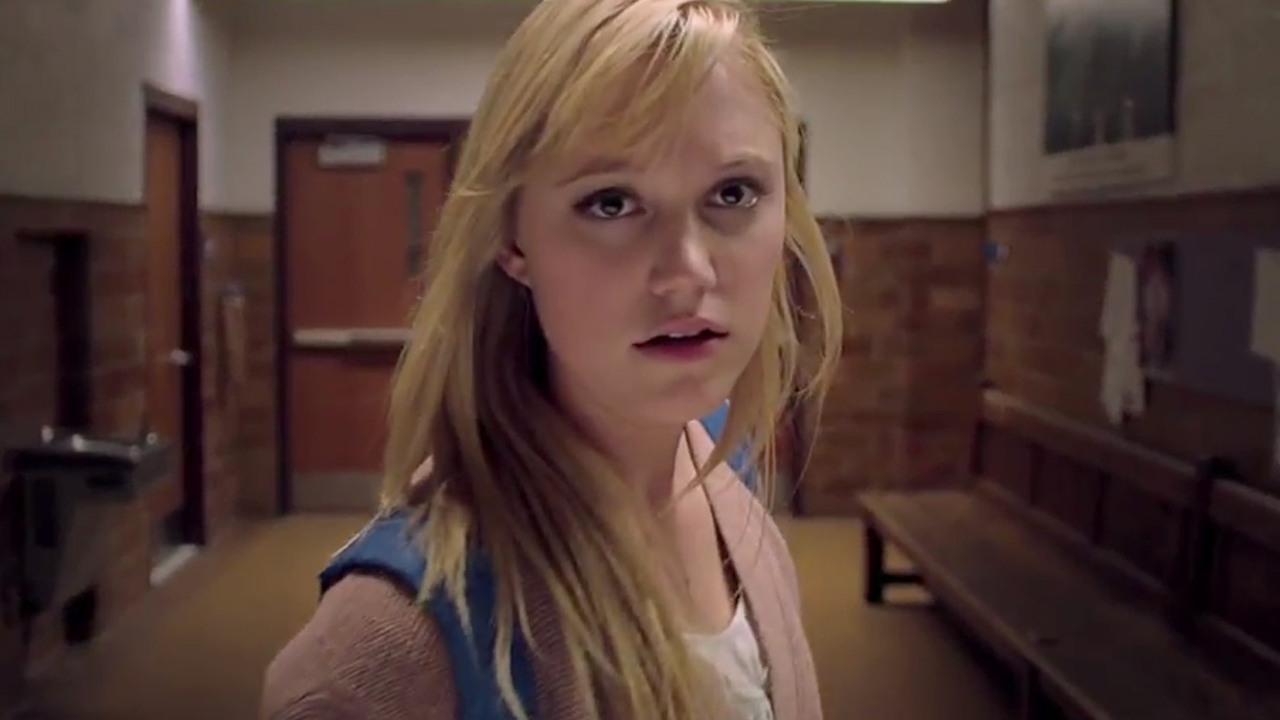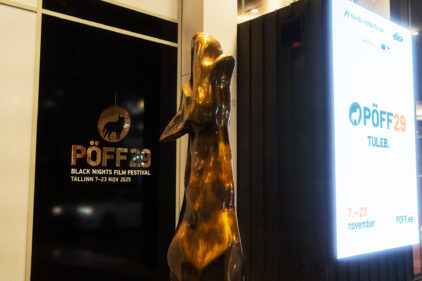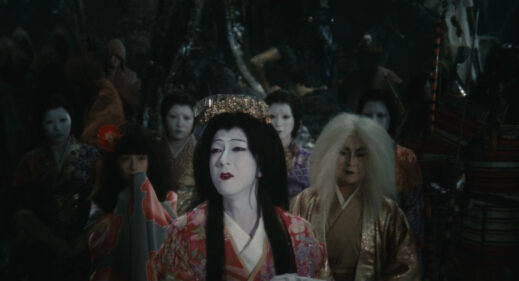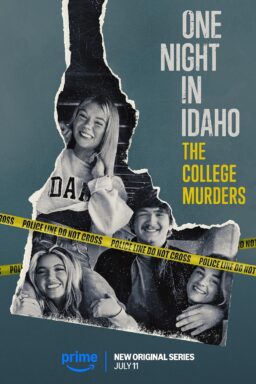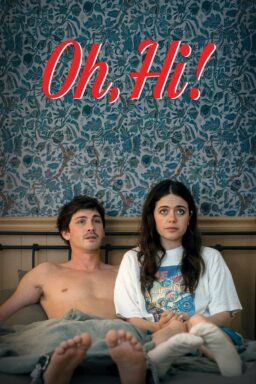In the third installment of our series compiling all RogerEbert.com reviews from 2015 according to star rating (click here to view the first and second), we’re focusing on the films that earned three-and-a-half stars. These are the pictures that teeter just on the edge of greatness, though in some cases, the writer may still declare it as “great” or a “masterpiece.” Many of titles listed below are among the year’s most talked about releases, including the indie horror favorite, “It Follows“; the foreign drama, “Clouds of Sils Maria,” pairing Juliette Binoche and Kristen Stewart; Céline Sciamma’s “Girlhood,” which screened at this year’s Ebertfest; the mega-hit “Furious 7“; and several award-worthy documentaries including “Dreamcatcher,” “Going Clear: Scientology and the Prison of Belief,” “The Hunting Ground” and last year’s Oscar-nominee, “The Salt of the Earth.”
The reviews are presented in alphabetical order and are written by our superb team of critics. They include editors Matt Zoller Seitz and Brian Tallerico; featured critics Peter Sobczynski, Godfrey Cheshire, Simon Abrams, Odie Henderson, Glenn Kenny, Sheila O’Malley and Susan Wloszczyna; contributor Nick Allen and Far Flung Correspondents Michał Oleszczyk and Pablo Villaça. Click on the name of each title and you will be directed to the full review.
Please check back tomorrow and Friday as we present the best and worst films reviewed so far this year, respectively.
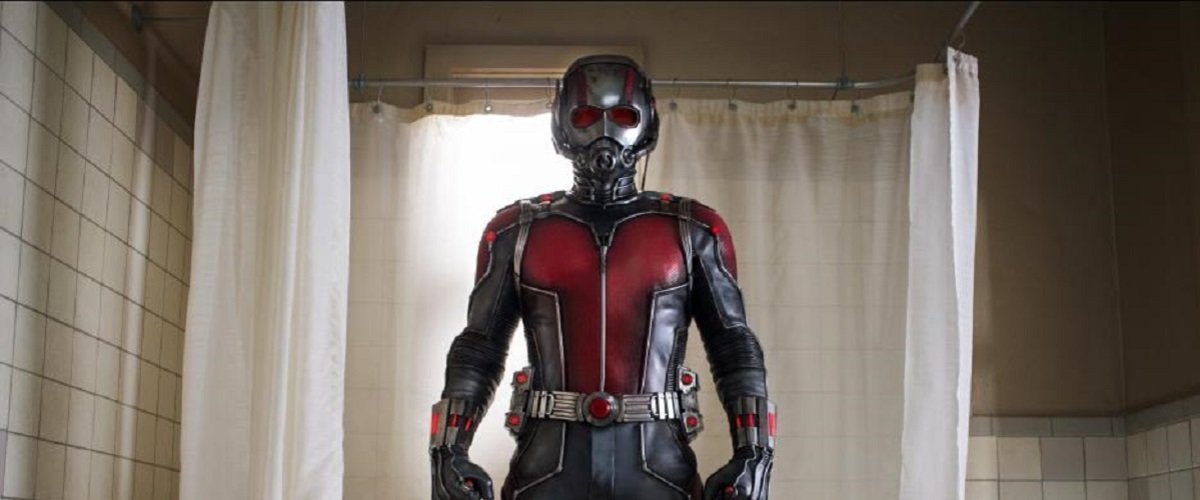
Ant-Man by Glenn Kenny
“Ant-Man” […] achieves its particular magic by keeping its proceedings almost as weightless as its shrunken-down hero. The movie, directed by Peyton Reed (“Down With Love,” “Bring It On”) and starring Paul Rudd, isn’t exactly or entirely fluffy, but it’s pretty damn agile, and as a result provides the most pure, uncomplicated fun, and even joy, of any Marvel picture I’ve seen.
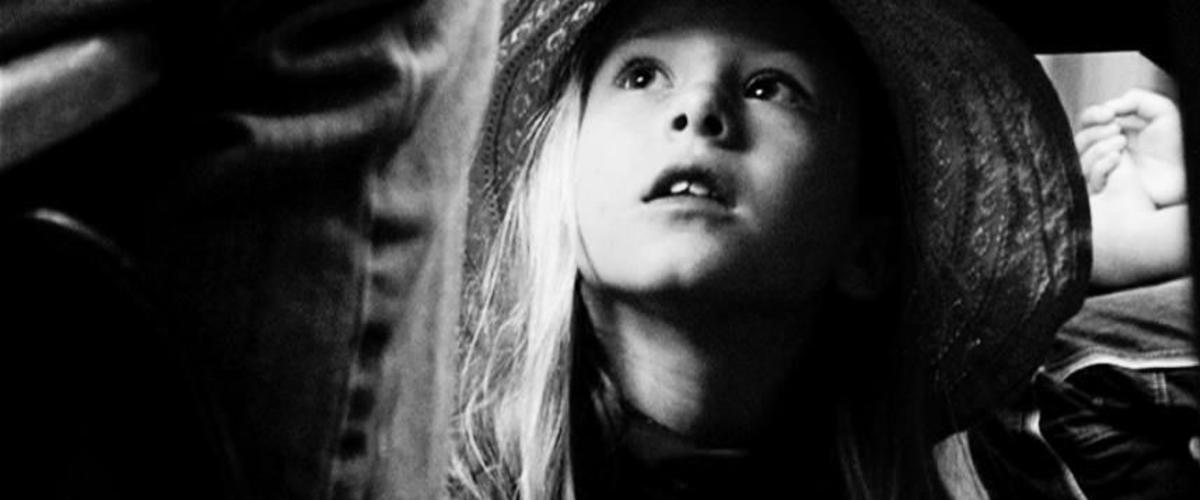
Approaching the Elephant by Matt Zoller Seitz
It’s a truly old-school documentary, constructed in the manner of a 1960s “direct cinema” or “fly on the wall” feature. It tells its story without music, narration, graphs, or expert witnesses. It’s committed to letting you decide what, if anything, it’s trying to say, by putting you in the middle of a place, and letting you watch what happens.

Best of Enemies by Godfrey Cheshire
A rich, extraordinarily fascinating account that’s sure to have many viewers’ minds constantly shuttling between then and now, noting how different certain things about politics and media were in that distant era, yet marveling at how directly those archaic realities led to many of our own.

Blackhat by Matt Zoller Seitz
Slick and sometimes goofy as it is, “Blackhat” is an odd, fascinating movie: a high-tech action thriller about the human condition. I can think of no better current illustration of the notion that, to quote this site’s founder, it’s not what a movie is about, it’s how it’s about it.

The Black Panthers: Vanguard of the Revolution by Odie Henderson
A river of protest soul music runs through the film, underscoring the visuals and influencing the smart editing choices by Aljernon Tunsil. He and [director Stanley] Nelson traverse a structured arc as if designing great drama, presenting a slew of talking heads, film clips and rarely seen photographs. The film avoids hagiography, and in doing so, brings out the undeniable humanity of its subjects.

Blind by Brian Tallerico
When “Blind” begins to fold in on itself, becoming almost Charlie Kaufman-esque in its multi-layered examination of artifice and reality, that it reaches another level of filmmaking. This is an excellent, daring piece of work.

Boulevard by Nick Allen
“Boulevard” is not just the transformation of Nolan, but that of a director. [Dito] Montiel successfully removes himself from the NYC roots he has reflected upon so often in his films that star male aggression, and he now takes to nondescript suburbs, with an entirely internal character. A display of his potential with bare bone filmmaking elements, along with his able to diversify the energy within his films, “Boulevard” proves a personal success.

Call Me Lucky by Odie Henderson
“Call Me Lucky” will be an especially grueling ride for those who can identify with Crimmins’ trauma. Yet its toughness does not at all diminish its worth. It remains an essential viewing experience.

Cheatin’ by Simon Abrams
While “Cheatin'” does have a narrative spine, it’s most entertaining when it’s hardest to pin down. You can easily get lost in Plympton’s brash animation style since his line-work is simultaneously loose, and decisive. And his sense of humor is infectious because it’s well-timed, and proudly freaky.

Clouds of Sils Maria by Glenn Kenny
It’s one of those moves that make a second viewing worth contemplating. In any event, the pleasures of the acting and the ever-acute visuals are apt to make a second viewing a distinct pleasure, even if it doesn’t solve anything.
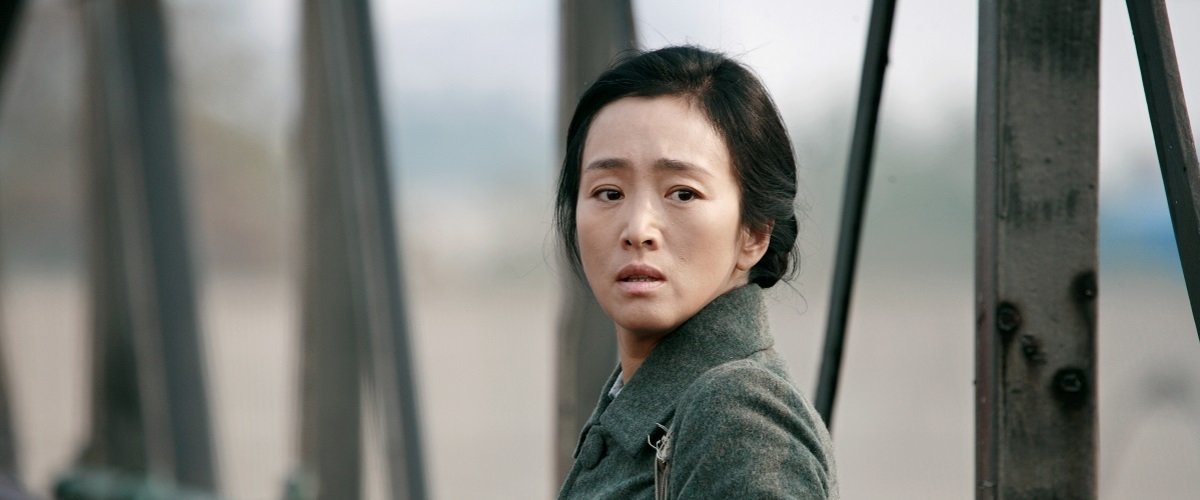
Coming Home by Peter Sobczynski
Gong Li is one of the great actresses of our time, […] and her work here is pretty much spellbinding in the way that she dials down her undeniable beauty and screen charisma to embody Feng and her mental difficulties without overdoing it in the manner of someone angling for an Oscar nomination.

The Connection by Peter Sobczynski
Instead of a standard thriller with the requisite number of action beats, [Cedric Jimenez] takes a more purely procedural approach, more interested in the accumulation of details surrounding the case and the people involved—in that regard, it is closer to David Fincher’s masterpiece “Zodiac” than anything else.
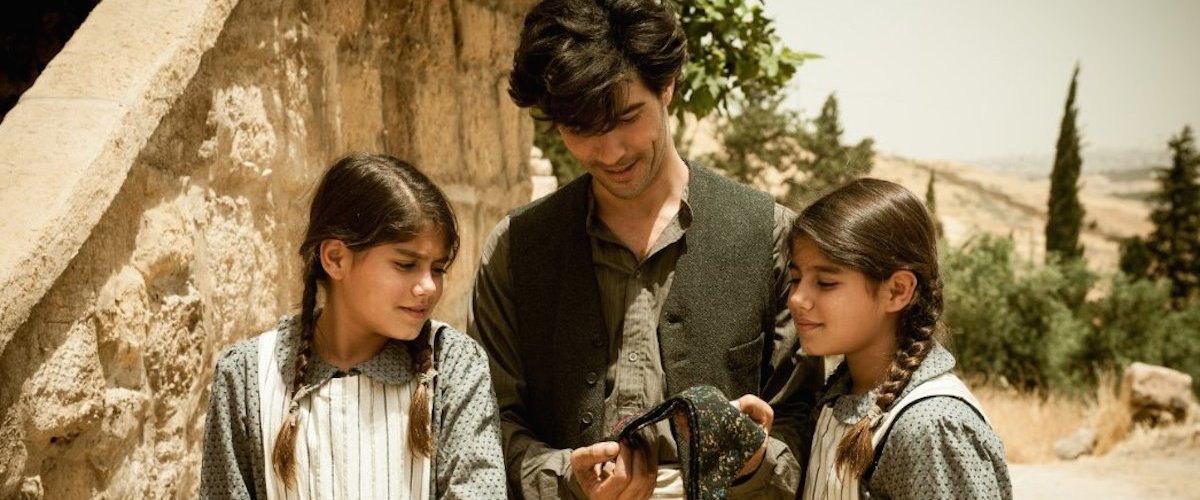
The Cut by Simon Abrams
Armenian refugee Nazaret Manoogian (an incredible Tahar Rahim) answers for a crime he initially committed impulsively, but consequently used to advance his quest to reunite with teenage daughters Arsinée and Lucinée. […] I fixate on this scene because it’s one of the most morally challenging scenes I’ve seen at the movies this year, and one I’ll be thinking about for some time to come.

Danny Collins by Matt Zoller Seitz
“Danny Collins,” about an old pop star discovering the true meaning of life, is an appealing comedy with an unabashed streak of melodrama, sharp dialogue, and a superb ensemble cast, anchored by a lead performance by Al Pacino in lovable scamp mode.

The Diary of a Teenage Girl by Sheila O’Malley
Once Minnie (played by Bel Powley, in a major performance) discovers how great sex is, she wants more of it. Her choices are not always smart (she’s only 15), her partner is wildly inappropriate for her (not to mention illegal), but [Marielle] Heller has spoken about how she wanted to allow for complexity. The result is a film that is funny and sad, scary and sweet, disturbing and revelatory.

Dreamcatcher by Sheila O’Malley
To be a documentary filmmaker of [Kim] Longinotto’s caliber […] you must be a world-class trust-builder. Only when people trust you and the good intentions of your film, will they give you access to their experience. Longinotto’s camera is allowed to witness some of the most intimate secrets of these women’s lives, and that fact alone is a great testament to the filmmaker and her process.

Eden by Sheila O’Malley
“Eden” is long, but Hansen-Love’s style is so observant and specific that it is always a compelling watch and ends up being sneakily profound. It also features one of the best soundtracks in recent memory, a history lesson of club music.
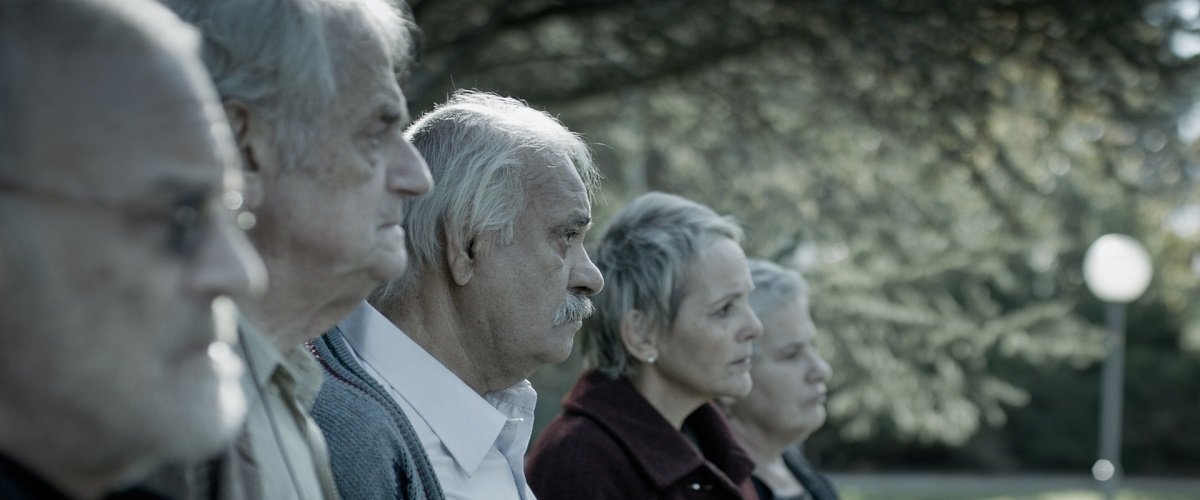
The Farewell Party by Odie Henderson
It is, quite often, a very funny film, as mischievous as the youth that has long since left its characters, but not once does it treat its serious subject matter lightly. […] Whether you agree with the decisions made by its terminally ill senior citizens, “The Farewell Party” loses none of its power.

Finders Keepers by Nick Allen
If some documentary filmmakers are like gold miners, scouring to find a phenomenal nonfictional story within heaps and heaps of less-interesting ones, “Finders Keepers” is that piece of gold which directors Bryan Carberry and J. Clay Tweel were lucky to find before anyone else did.
Furious 7 by Odie Henderson
“Furious 7” is a glorious overcompensation, a film so concerned about its rampant machismo that the casual viewer might miss how it Tokyo-drifts atop soap opera bubbles.

Futuro Beach by Godfrey Cheshire
“Futuro Beach” is a film about displacement and identity, love and its costs. Its considerable satisfactions, though, come mainly from the way the story is told, which spells nothing out, and in fact is so reticent that the viewer is constantly drawn into the creation of meaning.

Girlhood by Sheila O’Malley
It takes an intuitive and devoted filmmaker like [Céline] Sciamma to go beneath the surface of “girlhood,” to remove the normal trappings, and to look at all of the different forces and influences in play. “Girlhood,” her latest, is a powerful and entertaining film about a gang of girls, and what friendship means, the protection it provides.
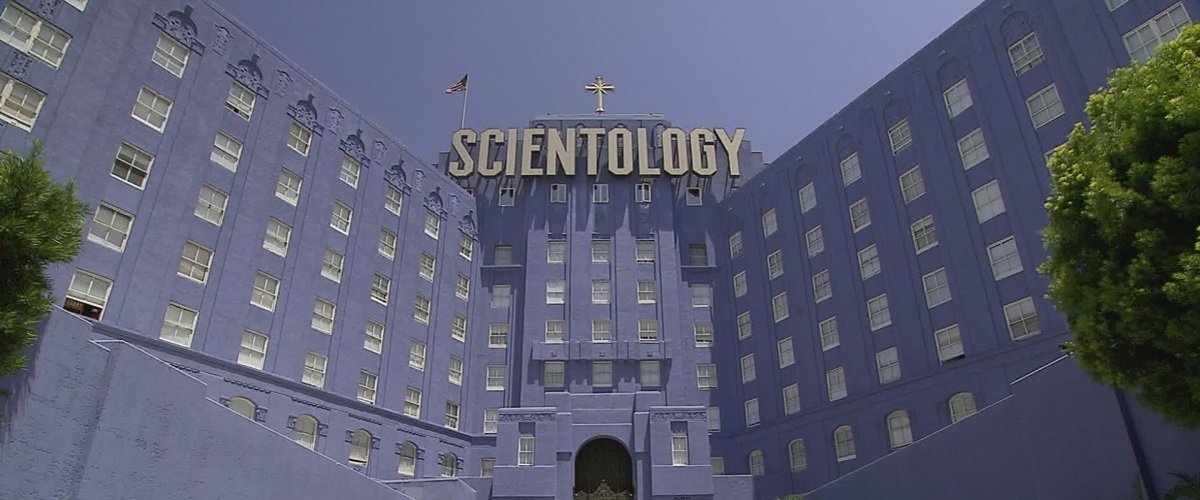
Going Clear: Scientology and the Prison of Belief by Brian Tallerico
Alex Gibney’s controversial “Going Clear: Scientology and the Prison of Belief” is in some senses a perfect fit for filmmaker and subject. Where has this controversial religion come from? How did it attain such popularity? And why is it such a part of the fabric of Hollywood? […] That Gibney doesn’t quite get all the answers to these questions isn’t as material as it might be for other films. He’s tackling them as no one else could.

Grandma by Glenn Kenny
“Grandma” is a modestly scaled character comedy-drama that winds up exerting an almost shockingly strong emotional force by the end. I walked into a screening of the film a mild skeptic, and I left nearly in tears, and grateful for where writer-director Paul Weitz and a remarkable cast led by Lily Tomlin took me.

The Harvest by Peter Sobczynski
[John] McNaughton returns to both the big screen and the genre where he first made his bones with “The Harvest,” a smart and strong genre work that makes up for a relative lack of gore and viscera with plenty of tension and suspense and a number of impressive performances.
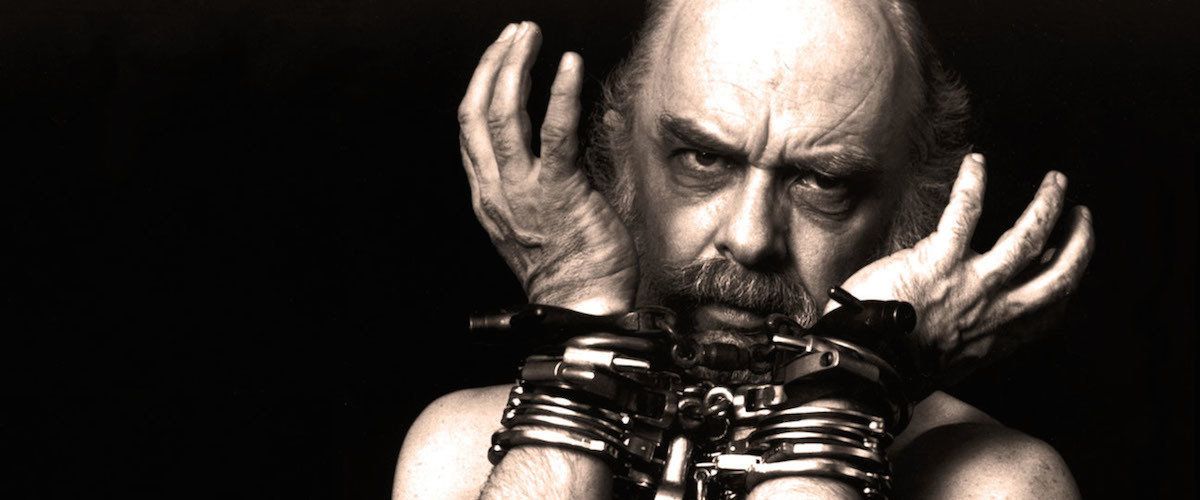
An Honest Liar by Godfrey Cheshire
If its account of Randi’s work as an exceptional entertainer and a zealous debunker were all that “An Honest Liar” gave us, it would be a tremendously fascinating film. But the movie also contains a third-act surprise – which won’t be revealed here – that makes it both unexpectedly revelatory and deeply moving.

The Hunting Ground by Brian Tallerico
Director Kirby Dick & Producer Amy Ziering follow up their award-winning “The Invisible War” with another incendiary, shocking, infuriating masterpiece, “The Hunting Ground.” Again, they tackle an institution that has engendered a climate in which sexual assault has nearly become normalized, an expectation on certain college campuses.
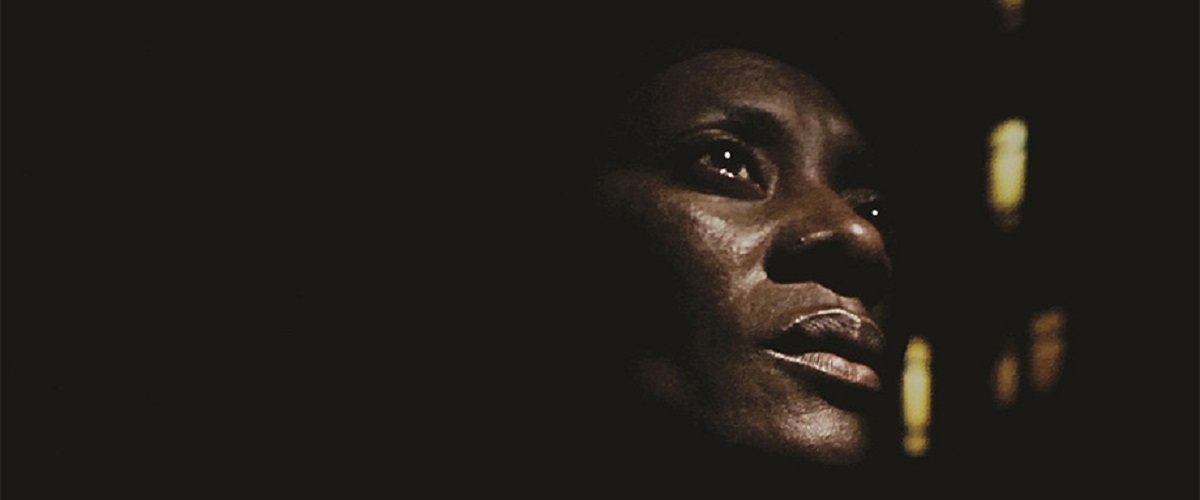
Horse Money by Matt Zoller Seitz
It is named after the poor neighborhood in Lisbon where [Pedro] Costa originally went with 35mm film equipment to make a lush dramatic feature in the 1990s, only to abandon it and shoot the film with a small video camera—a decision that led Costa down the path that eventually developed his unique aesthetic, which is simultaneously gritty and glossy, a look that delves into the emotional essence of experience by bypassing the signifiers of “realism” entirely.

I Am Big Bird: The Caroll Spinney Story by Sheila O’Malley
“I Am Big Bird” is a loving personal profile of Spinney, with memories and anecdotes shared by his wife, his children, his co-workers and friends. […] Spinney opens up about his loneliness as a child, his fear of his father, his devastation at the dissolution of his first marriage. All is fresh for him, all is raw, tears come up in Spinney’s eyes when he speaks of events that happened to him in the first grade.

I’ll See You in My Dreams by Glenn Kenny
It’s always a pleasure to see Blythe Danner in a movie. And it’s even more of a pleasure to see Blythe Danner in a good movie. No, not a good movie. A really good movie. Which “I’ll See You In My Dreams” actually is, its iffy (but explainable) title notwithstanding.

Infinitely Polar Bear by Susan Wloszczyna
There is an intoxicating authenticity and welcome low-key humor to what happens during the rest of this episodic story that manages to gently touch upon societal shifts, the class system, corporate sexism and racial identity as it shows how even an emotionally damaged adult can still summon enough caring and devotion be an effective primary caretaker.

It Follows by Simon Abrams
What’s most disquieting about “It Follows” is the way it presents sex as neither abnormal, nor beneficial. By contrast, sex in “It Follows” indiscriminately draws pre-existing emotions out, like a cruel genie that can never be returned to his lamp.

Jauja by Matt Zoller Seitz
One the most original and peculiar adventure films in recent memory; it’s firmly in the wheelhouse of Argentinian director Lisandro Alonso’s previous films (“Los Muertos,” “Liverpool”), and your affinity for it will depend mainly on your willingness to roll with its style, tone and pace.

Kahlil Gibran’s The Prophet by Peter Sobczynski
A smart, vibrant and ultimately entertaining film that also serves as a reminder that animated feature films can do so much more than serve as commercials for toy lines and fast-food meal tie-ins.

Listen to Me Marlon by Matt Zoller Seitz
No superlatives can do justice to [Stevan] Riley’s editing. His cutting confirms that the filmmaker hasn’t merely thought about what Brando’s life meant and what his work represented, but has taken the trouble to devise a visual scheme that mimics the way the waking mind jumps instantly between past and present, reality and imagination, within the course of a second or two, so that we really do feel as though we’re inside Brando’s mind.

The Look of Silence by Glenn Kenny
[Joshua] Oppenheimer’s new film, “The Look of Silence,” is a deliberate companion piece to “[The Act of] Killing,” and it too is strong and upsetting. Its conceptual framework isn’t nearly as idiosyncratic as the previous film’s, and that could be to its advantage.

The Martian by Matt Zoller Seitz
I’m making it sound as though “The Martian” is predictable. It is, but that doesn’t hurt its effectiveness. The most fascinating thing about the film is how it leans into predictability rather than make a show of fighting it. In the process, comes up with a tone that I don’t believe anyone has summoned in this genre, certainly not at this budget level.

McFarland, USA by Glenn Kenny
Kevin Costner reaches a welcome career high in this new movie, a live-action based-on-a-true-story inspirational tale of school sports, produced by Disney. It sounds a little over-determined when described that way, I know. But one thing I almost forgot going into this picture is that this kind of picture is the kind of thing that Disney can do very well. And it is very well done here, thanks in no small part to the superb direction of Niki Caro.

Mississippi Grind by Matt Zoller Seitz
This story of two losers gambling their way across America is a nostalgia act in the best way: it brings back aesthetic values that certain American filmmakers, writers and actors of the ’70s embodied brilliantly and could showcase on a grand stage, because at that time the cinematic marketplace still allowed small-scaled films about people living small-scaled lives to get national theatrical releases, and serious attention, rather than dumping them to one or two theaters plus DVD or iTunes.

Misunderstood by Peter Sobczynski
An occasionally strange, occasionally brutal and occasionally lovely work that goes up on the shelf with “The Ocean of Helena Lee” and “Girlhood” as one of the more impressive coming-of-age tales of recent times.

A Murder in the Park by Godfrey Cheshire
Besides being a riveting true-crime story, Shawn Rech and Brandon Kimber’s “A Murder in the Park” is a film that makes a powerful case that some cherished liberal beliefs aren’t always congruent with the truth; in fact, sometimes they are the exact opposite.

99 Homes by Sheila O’Malley
“99 Homes” is a ferocious excavation of the meaning of home, the desperation attached to real estate, the pride of ownership and the stability of belonging. The pace never lets up.

Office by Simon Abrams
Several of [Johnnie] To’s recent films concern economic upheaval and its effect on personal relationships, but “Office” is one of his recent best because it makes something as dire as a financial crisis seem like a natural subject for a modern musical.

Peace Officer by Matt Zoller Seitz
This film by Brad Barber and Scott Christopherson—a debut feature, remarkably—combines the best elements of old school and new school nonfiction filmmaking. […] This is one of the year’s best films.
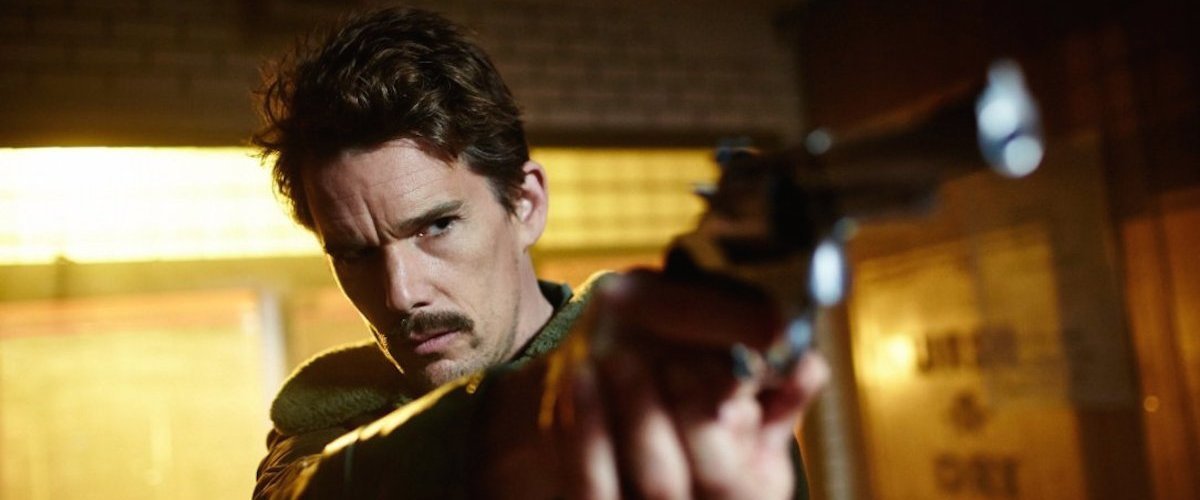
Predestination by Peter Sobczynski
I admit that I knew pretty much everything that was going to happen going in thanks to my familiarity with the source material, Robert Heinlein’s celebrated 1959 short story “—All You Zombies—,” and still found myself knocked out by its startlingly effective translation from the page to the screen.
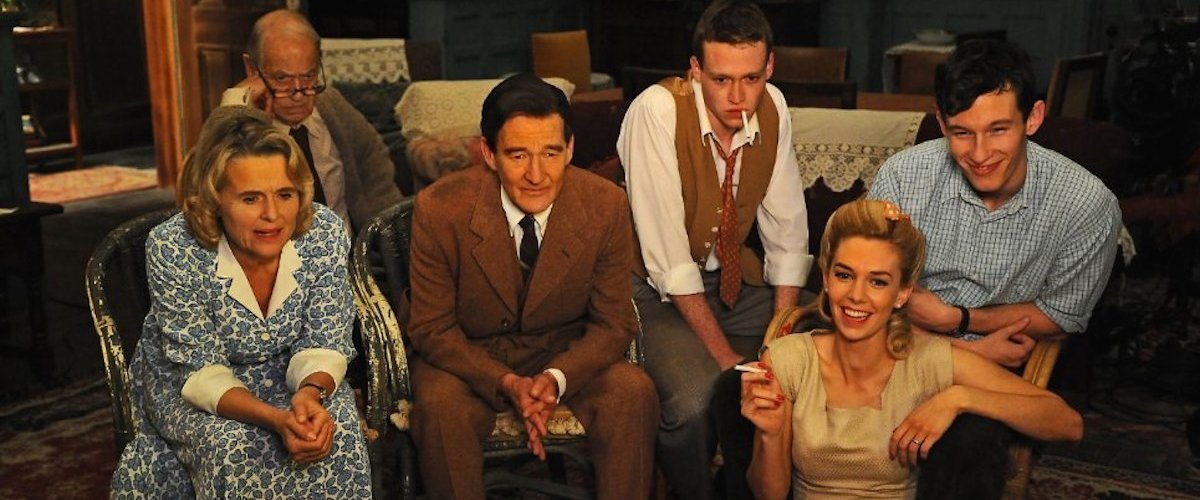
Queen and Country by Godfrey Cheshire
For cinephiles who’ve followed [John Boorman’s] long and sometimes eccentric career with interest and admiration, “Queen and Country” will be a sure winner. A sequel to the similarly autobiographical “Hope and Glory,” […] the new work is obviously personal yet also entertaining, accessible and beautifully crafted.

Queen of Earth by Brian Tallerico
Echoing dramas of internal conflict turned into threats of physical danger like “Persona” and “Repulsion,” [Alex Ross] Perry explores the concept that it is the human mind and its emotional undercurrents that is the most terrifying thing in the world. Anchored by incredible performances from Elisabeth Moss and Katherine Waterston, this is one of the most mesmerizing pictures of the year.

Rebels of the Neon God by Matt Zoller Seitz
Tsai [Ming-Liang’s] most accessible film is more unusual and uncompromising than any you’re likely to see this year. […] This is one of the great modern films about big cities and the mostly unacknowledged psychic toll of living in them.
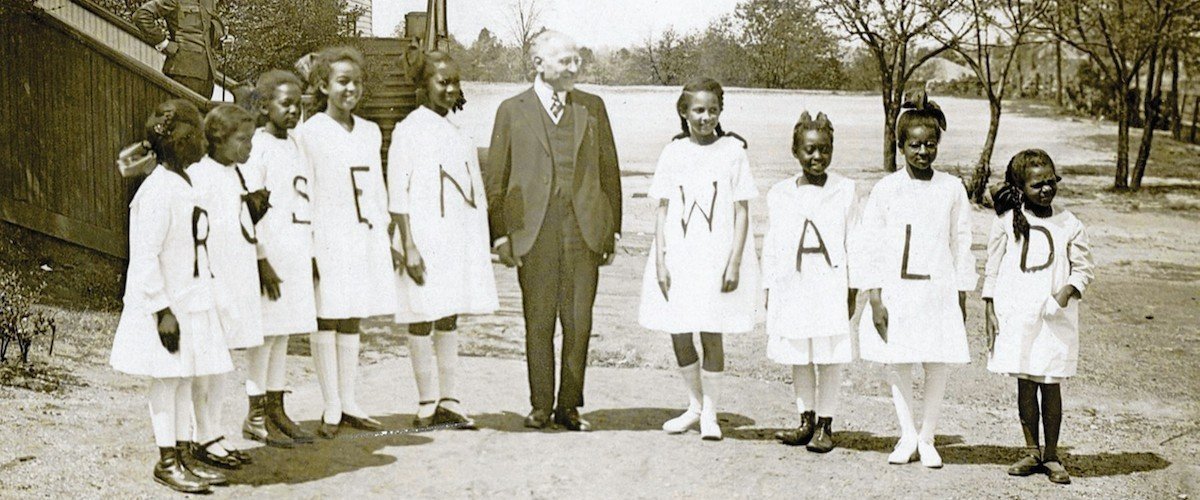
Rosenwald by Matt Fagerholm
Most viewers will likely have little-to-no familiarity with the events recounted in this documentary, and are guaranteed to leave the theater feeling enlightened and perhaps more than a touch gobsmacked. […] Wholly engaging from its first frame to its last, “Rosenwald” stands as an exemplary testament to the change that can occur when wealth, power and influence are utilized for the good of humanity.
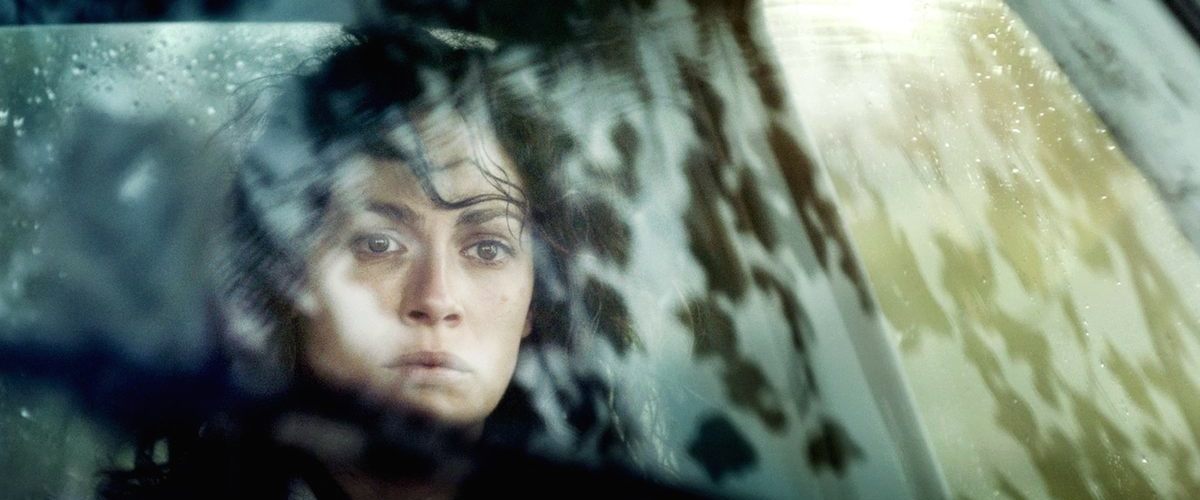
Runoff by Matt Zoller Seitz
As an experience, it’s amazing—so unlike most other recent American independent films in its style and mood that if it weren’t for the present-day signifiers (cars, haircuts, clothes), you’d think it had been time-warped in from the American New Wave era of the 1970s, when directors prized characterization, cultural details and a powerful sense of place, and enclosed all it within carefully composed frames that allowed people to just be, and the audience to just look and listen.

The Salt of the Earth by Peter Sobczynski
[Wim] Wenders trains his camera on photographer Sebastiao Salgado and the result, though not without flaws, is an invigorating and interesting observation of the man, his work and the entire medium of photography.

The Seven Five by Godfrey Cheshire
Both wrenching and enlightening, “The Seven Five” avoids sensationalism to provide a nuanced, thoughtful account of material that’s at once sordid and instructive. I came out of it hoping (futilely, no doubt) that Hollywood producers aren’t already lunging to turn it into a big, splashy crime epic. We’ve already seen that movie, too many times. The real thing is far more sobering and useful.

Something, Anything by Michał Oleszczyk
It is an unmistakably “small” film, but as the story builds up and the characters come into focus, you know you are witnessing something rare and precious: an American independent film that’s understated and intelligent, as well as utterly free of showiness and calculation.

The Taking of Tiger Mountain by Peter Sobczynski
While the end result may be admittedly more uneven in spots than [Tsui Hark’s] best-known works, this lavish period piece contains enough thrills, spills and moments of cinematic grace that not only manage to push it through the rough spots but allow it to put most American action films of recent vintage to shame.

Tangerines by Susan Wloszczyna
By the end, Georgian director-writer Zaza Urushadze has performed a small miracle by presenting the insanity of war in such a compact form. The film’s insights might not be of the grandiose sort found in Hollywood’s massive battle epics. Nor are they unique. But they are perhaps even more affecting because of the film’s intimate scale.
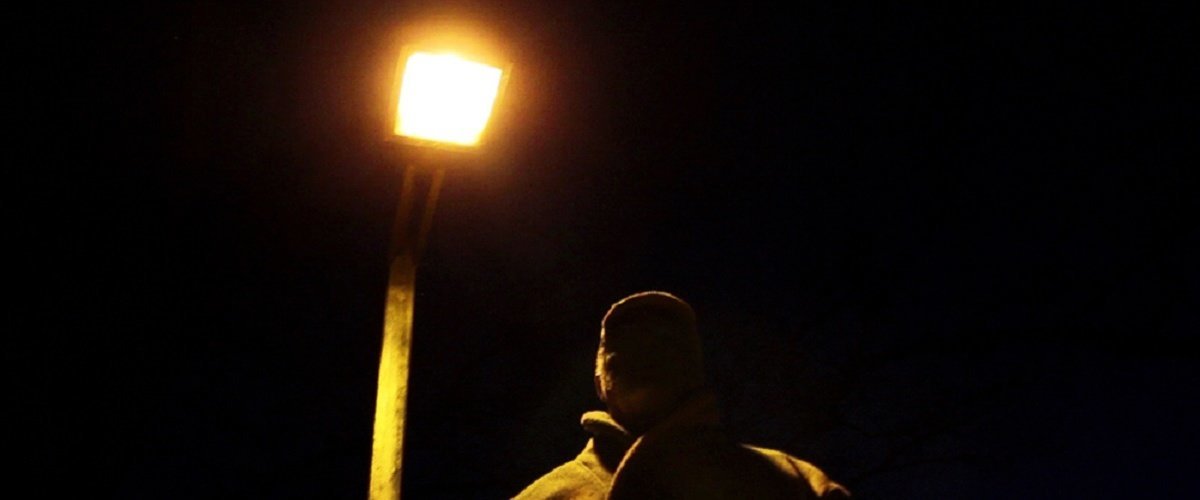
(T)ERROR by Brian Tallerico
This is a fascinating piece of work that approaches “Citizenfour” in its deconstruction of governmental failure and the systems underneath the war on terror that are not only failing to keep us safe but impacting the entire world political scene.

Testament of Youth by Godfrey Cheshire
While all of the actors’ work deserves commendation, special praise must be given to Alicia Vikander, a Swedish actress who does an amazing job conveying one young Englishwoman’s strength, resilience, intelligence and vulnerability. […] Vikanker’s performance clearly suggests the inner resources and tremendous determination that allowed her not only to pull through, but also to write an enduring testament to those who suffered and died.

That Guy Dick Miller by Odie Henderson
For a talking heads documentary, “That Guy Dick Miller” is extremely enjoyable, well-paced and informative. […] Though clearly talented, Miller’s onscreen presence epitomizes what all those filmmakers, and all us fans, continue to want.

Time Out of Mind by Matt Zoller Seitz
[Richard] Gere’s performance is almost entirely reactive, and this makes you appreciate his charisma all the more. There aren’t many actors who can sustain a whole film just by sitting silently and thinking and occasionally saying something simple like “Yes” or “I can’t remember.” Gere is one of them.

Tu dors Nicole by Brian Tallerico
Stéphane Lafleur’s great “Tu dors Nicole” is a remarkable tonal balancing act in such a way that it’s difficult to figure out how he pulls it off. It is both light as a feather and emotionally resonant. It is defiantly episodic and yet has a cumulative power in its storytelling. It is both airy and emotionally lived-in at the same time.

The Visit by Sheila O’Malley
Shyamalan breaks up the found footage with still shots of snowy ranks of trees, blazing sunsets, sunrise falling on a stack of logs. There are gigantic blood-red chapter markers: “TUESDAY MORNING”, etc. These choices launch us into the overblown operatic horror style while commenting on it at the same time. It ratchets up the dread.

What We Do in the Shadows by Simon Abrams
“What We Do in the Shadows” is an irrepressibly charming B-movie that never over-stays its welcome, and is both conceptually clever and admirably well-executed.

White God by Matt Zoller Seitz
Owing less to contemporary Hollywood films than to broad-brushstrokes silent-era melodramas, this is an image-and-sound driven example of purely cinematic storytelling. Throughout much of its running time, it achieves a dreamlike, sometimes nightmarish power.
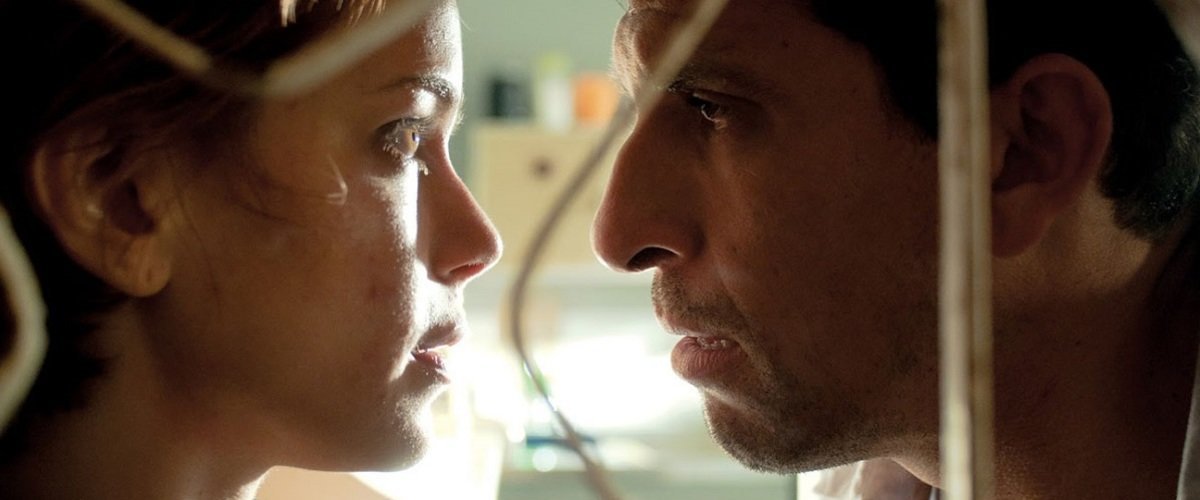
A Wolf at the Door by Pablo Villaça
Balancing itself with an enviable self-assurance between drama, comedy, character study, and, in the last ten minutes, suspense, the film sends the audience out of the theater with a sense of shame for laughing when the narrative wanted us to. […] A remarkable film that introduces Fernando Coimbra as a filmmaker to be closely monitored.
Click here to purchase Roger’s books, his DVD commentaries, and his selections in the Great Movies series available on DVD.
